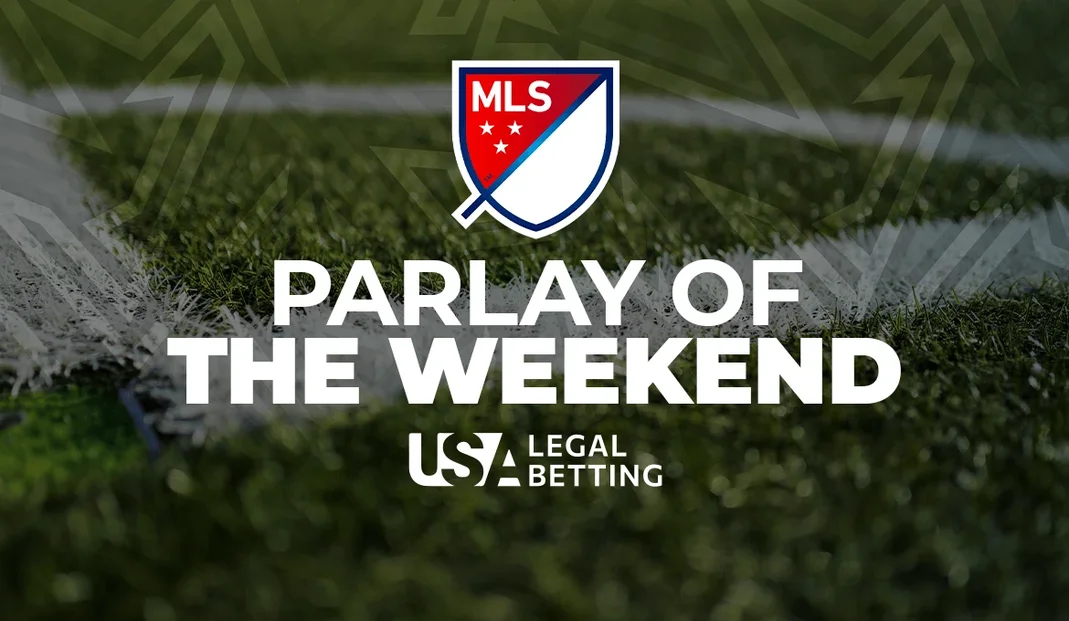There have been various studies about the long-term effects of gambling. The results have all shown that, if handled improperly, a variety of negative long-term effects and traits have a tendency to reveal themselves.
28% of sports bettors from the poll said that they have given serious consideration to walking away from sports betting. Over half said their primary reason was because of a decline in their general mood, 43% said they were less productive, 34% said it affected their relationships, and 18% said it was destroying their life.
The number-one tactic sportsbook operators use to attract and retain patrons is to offer promotions. These can be as simple as “bet $5 to win $200” or “win 10% more with this token” or as complex as “win back 25% of your stake if your same-game parlay misses by one leg.”
Regardless of the form they take on, nearly half of sports bettors in the survey said they believe that sports betting advertisements and promotions have fostered compulsive gambling behaviors. 34% said that there should be fewer betting commercials during sports games, and 38% said that commentators should not perform live odds reads.
General health has also taken a hit because of sports betting. 58% of the gambling group said their mental health had deteriorated since they began betting on sports, and 43% said it worsened their physical health as well.
Overall, 21% of the group said they regretted getting into sports betting.
Sports betting is not a viable form of long-term income and should never be viewed as anything other than a form of entertainment. A variety of resources are available to anyone struggling with negative influences, including sportsbooks’ live chat, anonymous hotlines, and physical locations.










